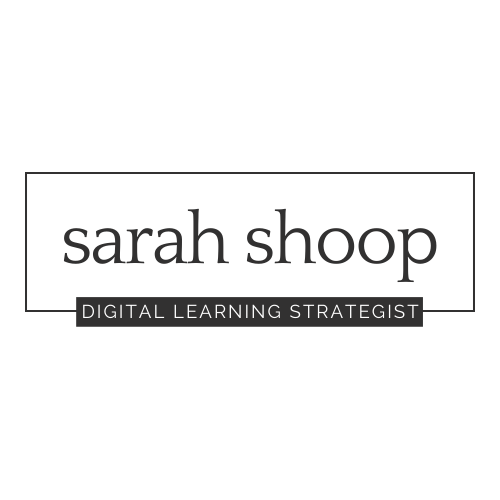Make Sure Your Transformational Course Is Truly Having an Impact
Okay, story time! Back when I first started out as a corporate trainer, I was asked to put together a training program to teach employees a new software update we were rolling out.
I worked hard to create manuals, slideshows, videos - what I thought was a pretty thorough program explaining how to use the system. I started training different groups, feeling pumped that I was helping everyone master this new system.
But slowly it became obvious some folks were still confused about key features. Some faked their way through not wanting to admit they didn't totally get it. I realized I'd just assumed the training was working without actually testing them to make sure. Oops!
Just because I taught it didn't mean they absorbed it all. I learned the hard way that you gotta properly evaluate to know if they're really getting it…even if they say they do!
And this definitely applies to any course, whether it's corporate training or transformational personal development programs!
You passionately created your online course content to catalyze deep emotional healing, self-discovery, and spiritual growth. But how can you truly know if your lessons are delivering what you intend?
Are you noticing that you’re struggling to get testimonials? Does your audience sound like crickets when it comes to talking about your course? The truth is you can’t confirm that students are retaining concepts, implementing skills, and experiencing breakthroughs without concrete assessments.
Here are a few simple ways to gather data and make sure you are creating the most impact:
Get Feedback Through Questionnaires
Short satisfaction surveys and open-ended questionnaires will reveal valuable perceptions from your students. What did they find most useful? What was confusing? Use those takeaways to make improvements to your course.
These can easily be set up for free using Google Forms or with products like Typeform. Add the surveys to the end of your course, in an email after they have been completed, or even in the middle of the course so people know you care.
Short is always better. If you have a lot to ask, break it up into shorter forms. You’re more likely to get responses when you ask 2-3 questions rather than 10-15.
For more ideas and a walkthrough on how to create surveys, check out my course Create to Captivate: Surveys.
Review Retention With Knowledge Checks
Are your students actually retaining key concepts? Tests are not just for school! Even if your content is around concepts like mindset or behavioral changes, you can still offer a chance for a quick review of topics covered in each section.
These knowledge checks can be multiple-choice questions. I know…those can cause nightmarish school flashbacks. Try something a little less scary:
Replace words with emojis or gifs for multiple-choice response options. This allows users to select answers visually and gives you a chance to have a little fun too.
Provide reflective prompts so users can connect new lessons to their own experiences and reframe concepts in their own words. They don’t have to provide you with the answers for this to still be effective.
Offer practical activities to apply new skills, like a meditation audio track, a printable planner to schedule self-care activities (provide sample options to choose from), etc. This gives users a chance to actively practice what they've learned.
Gauge Application Through Projects
Exams test recall, but how are students applying skills? Build in simulations or activities that evaluate real-world application of what you teach. Get them to go out and practice and then come back to give feedback. Building new skills can only happen if they are able to use those skills in their day-to-day life. Give them the opportunity to do that with a guided exercise.
Analyze Outcomes Data
Finally, review the outcomes you set. Did knowledge or behaviors shift based on the assessments? Look at pass rates, completion data, and learner feedback. Let those insights guide any updates you make to your course. They could even give you ideas for a new course or offer.
Maximum Impact Comes When You Assess Your Online Course Materials!
Try some of these tasks and you’ll find that getting feedback becomes less of a struggle and more of a fun task that helps you improve your course for the next cohort of learners. I’ve been a course educator for over 10 years and I’ve saved you the hassle of learning what does/doesn’t work.
Some tips for maximizing your instructional impact:
Gather perceptions and feedback through surveys
Test retention and understanding with knowledge checks
Analyze the data to guide you when making improvements
Getting clarity through assessments empowers you to optimize materials so they deliver the transformation your students showed up for.
